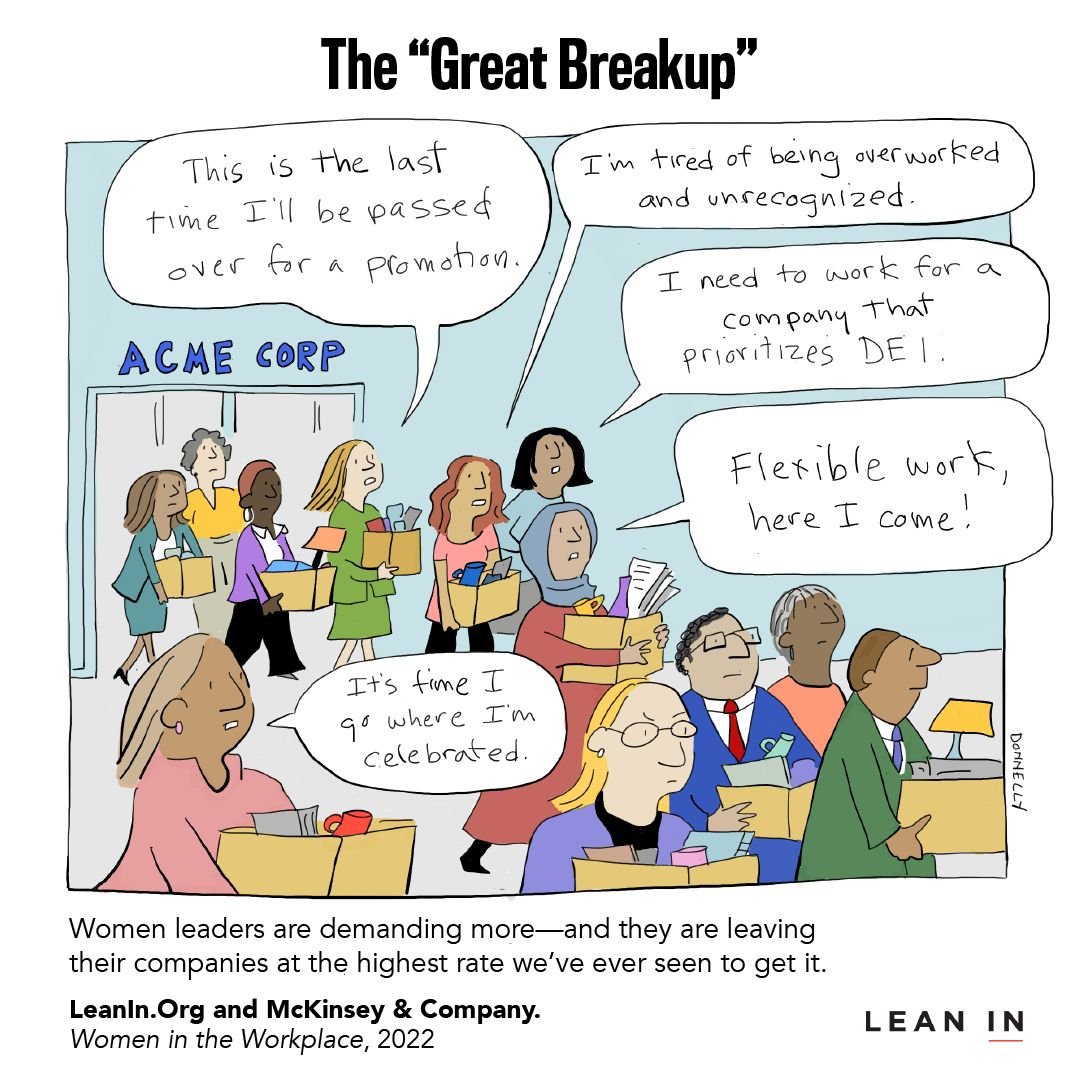If there’s one common skill required to achieve success, it’s empathy. Empathy is the critical skill for taking the lead, connecting, and opening our minds to the opinions and perspectives of others.
A recent study from Catalyst shows that employees with highly empathic senior leaders report higher levels of creativity (61%) and engagement (76%) than those with less empathic senior leaders (13% and 32%, respectively).
What is Empathy?
Empathy is the skill of connecting with others to identify and understand their thoughts, perspectives, and emotions; and demonstrating that understanding with intention, care, and concern.
An empathic leader is a leader who demonstrates care, concern, and understanding for employees’ life circumstances. Empathy helps bond colleagues together and forms the foundation of a resilient and inclusive workplace.
Researchers Daniel Goleman and Paul Ekman have identified three types of empathy:
Cognitive Empathy (understanding)
Emotional Empathy (heart/feeling), and
Compassionate Empathy (action/doing).
The Impact of Empathy
It is hard for employees to feel a sense of belonging at work and bring their authentic selves to work if they don’t feel that their life circumstances are valued and respected by their company.
Demonstrating empathy signals to employees that their perspectives and experiences matter. Empathy is a skill that allows managers and leaders to understand better and provide support for employees.
According to Catalyst's survey:
61% of people with highly empathic senior leaders often report or always being innovative at work, compared to only 13% of people with less empathic senior leaders.
76% of people with highly empathic senior leaders often report or always being engaged, compared to only 32% of people with less empathic senior leaders.
How to put Empathy into practice:
Have check-in meetings regularly
Start your meetings expressing gratitude
Celebrate milestones and recognize progress
Show genuine interest and caring
Express concern for the well-being of people
Practice active listening
Ask: how are you doing?
Ask your team about loved ones and try to know your team as persons with a life outside of work.
Ask what's one thing you could do differently to be a better leader for them.
Invite others to share their perspective
Keep these in mind
Leading with empathy is a feature, not a bug.
Leading with empathy is the contemporary way to lead, and
Leading with empathy is a courageous decision.
When we focus on ourselves, our world contracts as our problems and preoccupations loom large. But when we focus on others, our world expands. Our own problems drift to the periphery of the mind and so seem smaller, and we increase our capacity for connection – or compassionate action.
— Daniel Goleman




















